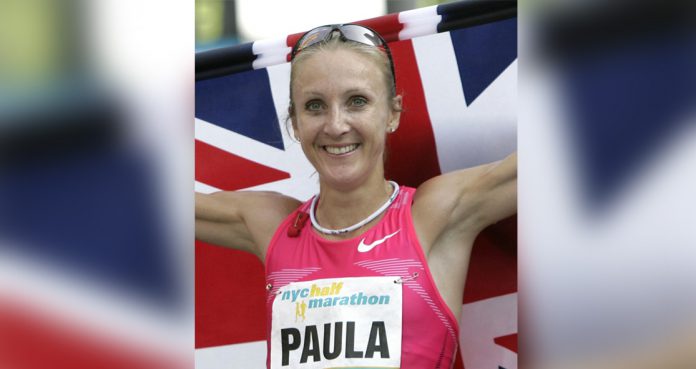Are you looking for some great running tips? If so, read on to what the British running legend, Paula Radcliffe, has to say.
Radcliffe is one of Britain’s greatest athletes in history, who held the marathon world record for 16 years, which was broken last month. She won the London Marathon three times.
The 45-year-old still runs as much as she can to stay healthy and fit. She runs at least an hour a day.
She said, “I still run for fun and for health reasons – mental health as much as physical health. For me, because I’ve been running my whole life into my 40s, I’m definitely hooked on it. It makes me feel better, and the days when I’m not able to run, I don’t feel as good, as awake, as productive, as I do on the days when I do run,” advising people to run for good physical and mental health.
She explained that life could be busy after turning 40 so she advised that running could fit around your schedule. She said, “I think we’ve seen running taking off as much as it has because it’s actually very easy to fit around everything else in your life.”
“You can do it as a family, you can take part together, or you can nip out before the kids wake up in the morning, or when they’ve gone to bed,” she added. “It’s a fairly short period of time commitment for the fitness gains and health gains.”
“I think there are certain things, maybe your endurance, that actually get stronger as you get older, and certainly your mental ability to focus and concentrate on enjoying the run, gets better.”
Reminding that our body needs more time to recover after turning 40, Radcliffe said, “If you’re tired, or travelling a lot, or had a hard run the day before, it takes you a bit longer to recover as you get older. Just like if you’re a teenager or in your early 20s and you don’t get a good night’s sleep, or you’re rushing around and you skip a meal, it will have less of an effect on you than it would in your 40s”
She also explained that running helps you to strengthen your core. The legend said, “Many people coming into running tend to think they just need to go out and do the running, but core stability, muscle strength, foot strength, and psychological factors, all feed in to helping you run a better marathon.” “I do a lot of [core] stuff involving medicine balls, a Swiss ball, proprioception work, balance work, squats and dumbbells – things that keep that core bit of your body, the trunk, abdomen, and around the glutes, strong. That’s what’s going to help a runner keep their form if they start to fatigue,” she added.




















